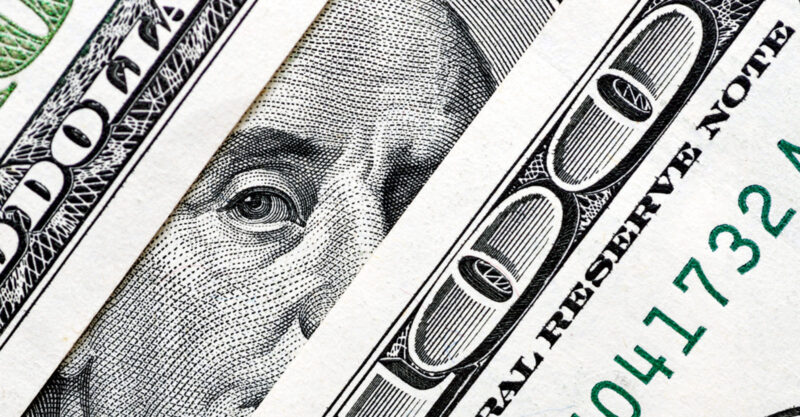Miss a day, miss a lot. Subscribe to The Defender's Top News of the Day. It's free.
By Chuck Collins
In the United States, we are now treated to regular announcements about benevolent billionaires pledging to share their wealth.
Amazon founder Jeff Bezos, for instance, recently told CNN that he would be giving away the majority of his $124 billion fortune in his lifetime.
Further back in 2015, Meta founder and CEO Mark Zuckerberg announced he would give away what he makes from 99% of his Facebook shares.
At this point, we should assume a skeptical posture. The truth is, pledges like these may take years, decades or even generations to reach their nonprofit destinations — if ever.
That’s why we need more public scrutiny of billionaire philanthropy — and much clearer rules to make sure donations actually support real, working charities.
Consider the Giving Pledge, an initiative founded by Warren Buffett, Melinda French Gates and Bill Gates to increase charitable giving by the extremely wealthy. As of today, more than 230 billionaires from 28 countries have taken the pledge to give away the majority of their wealth.
Presumably, this means we would see declining billionaire fortunes. But on the 10th anniversary of the pledge in 2020, my colleagues at the Institute for Policy Studies and I found that the total net worth of the 62 living initial pledgers hadn’t diminished at all. In fact, it had nearly doubled, when adjusted for inflation.
Part of the challenge is that billionaire wealth is simply rising so fast — U.S. billionaires have seen their total wealth increase by $1.5 trillion since the beginning of the pandemic, according to an Institute for Policy Studies analysis based on Forbes’ billionaire database.
As our economy becomes ever more tilted toward the rich, even committed philanthropists are making money faster than they can give it away.
The increasingly top-heavy nature of today’s giving landscape — and the growing dominance of lightly regulated funds often controlled by donors themselves — is an even bigger problem.
While billionaires do of course still donate to charities, grand philanthropic pledges are often fulfilled by dumping funds into family foundations or donor-advised funds (DAFs) that could exist in perpetuity.
Some 30% of charitable donations now flow through intermediaries like these, outpacing direct donations to many traditional charities.
Billionaires may claim enormous tax deductions — not to mention starry-eyed headlines — for parking funds in these intermediaries. But there’s little to no guarantee that money will ever make it to working charities.
Foundations are only required to pay out 5% of their assets each year, and most dole out just slightly more than this minimum. DAFs face no annual payout requirement at all. Lax reporting requirements make it difficult to assess their activity, but recent reports suggest that median DAF payouts are shockingly low.
What’s more, billionaire charity is our tax dollars at work. For every dollar a billionaire gives to charity, we the taxpayers chip in up to 74 cents of that dollar in lost federal tax revenue as donors claim deductions in their income, estate and capital gains taxes, among others.
That makes it even more outrageous that much of this money may never reach a real, on-the-ground charity.
Because our tax dollars subsidize this system, charity needs to be more transparent, with clear disclosures of when donations reach their recipients.
Payout requirements should be increased, with more oversight to ensure that philanthropic money reaches real working charities. Components of these reforms are included in the Accelerate Charitable Effectiveness (ACE) Act, which has bipartisan backing in the Senate, although a vote has yet to be been called since it was introduced in 2021.
There are refreshing exceptions to the troubling trend of billionaires warehousing charitable contributions in private foundations and DAFs.
For example, MacKenzie Scott recently announced almost $2 billion in direct gifts to recipient charities, increasing her direct giving to more than $14 billion since 2019. That is news.
In the end, philanthropy will never be an adequate substitute for an effective tax system where billionaires pay their fair share and democratically elected governments — not billionaires — make decisions about investment priorities.
Originally published by Common Dreams.
Chuck Collins is a senior scholar at the Institute for Policy Studies and co-founder of Wealth for the Common Good.





